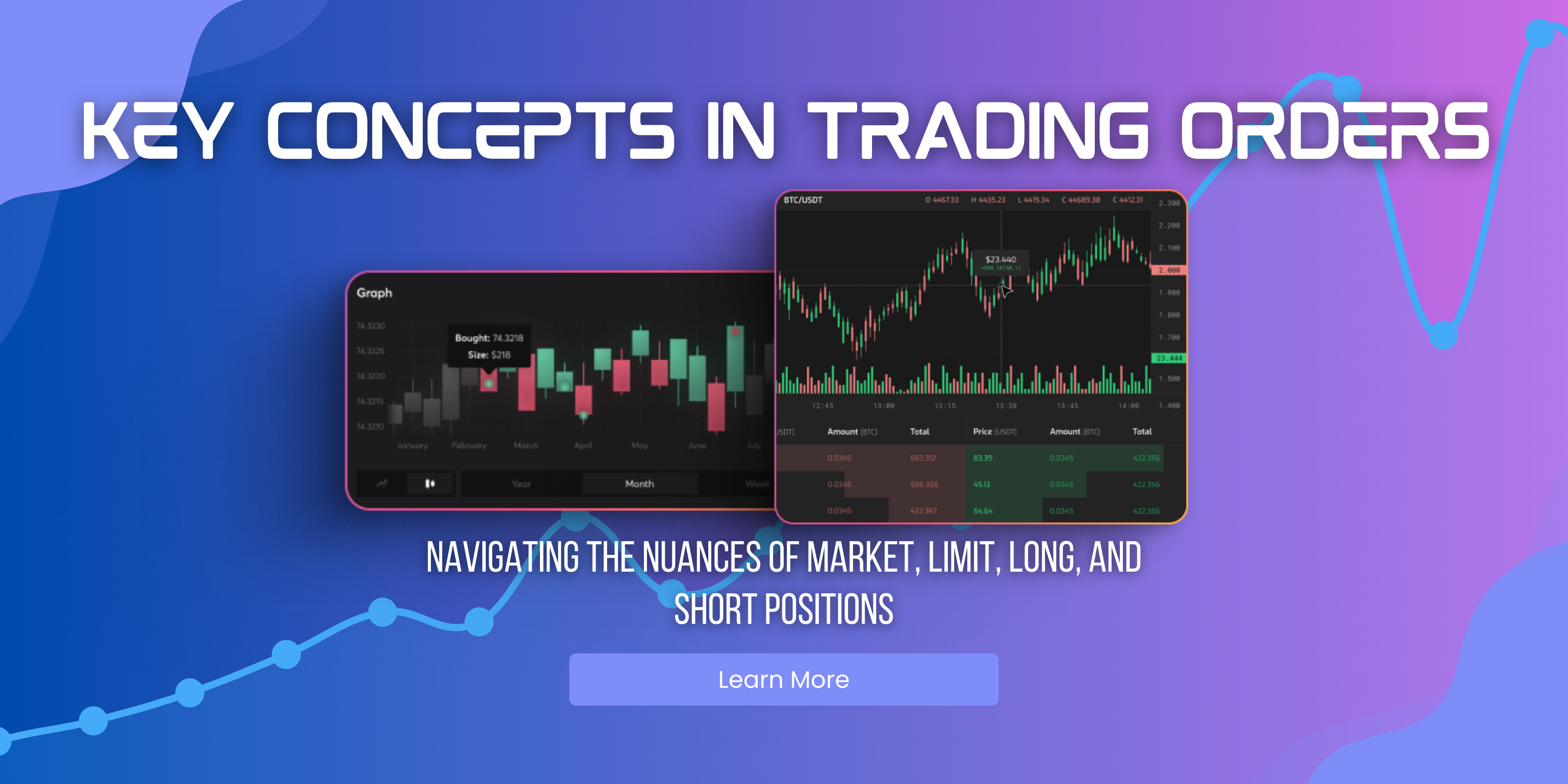Cryptocurrencies have revolutionized the financial landscape, offering a new asset class with unique characteristics and opportunities for traders and investors. In this blog post, we will explore the world of cryptocurrency trading, including the basics of cryptocurrency markets, key considerations for traders, and the evolving dynamics of this rapidly growing sector. Understanding Cryptocurrency Markets Cryptocurrency …
Beginners Guide to Cryptocurrency Trading

Cryptocurrencies have revolutionized the financial landscape, offering a new asset class with unique characteristics and opportunities for traders and investors. In this blog post, we will explore the world of cryptocurrency trading, including the basics of cryptocurrency markets, key considerations for traders, and the evolving dynamics of this rapidly growing sector.
Understanding Cryptocurrency Markets
Cryptocurrency markets operate 24/7, providing traders with continuous opportunities to buy, sell, and speculate on digital assets. These markets are decentralized, meaning they are not governed by a central authority, and transactions are recorded on a public ledger known as the blockchain.
Key Considerations for Cryptocurrency Traders
- Volatility: Cryptocurrency markets are known for their high volatility, with prices capable of experiencing significant fluctuations in short periods. Traders should be prepared for rapid price movements and consider risk management strategies.
- Security: Due to the digital nature of cryptocurrencies, security is paramount. Traders must prioritize the security of their digital wallets and trading accounts to protect their assets from unauthorized access.
- Market Sentiment: Cryptocurrency markets can be influenced by market sentiment, news, and regulatory developments. Traders should stay informed about industry news and developments that may impact market dynamics.
Trading Strategies in Cryptocurrency Markets
- Technical Analysis: Many cryptocurrency traders utilize technical analysis to identify price patterns, trends, and potential entry and exit points. Charting tools and technical indicators can help traders make informed decisions based on historical price data.
- Fundamental Analysis: While fundamental analysis is traditionally associated with traditional financial markets, it can also be applied to cryptocurrencies. Evaluating factors such as technology, adoption, and regulatory developments can provide insights into the long-term potential of a cryptocurrency.
- Risk Management: Given the volatility of cryptocurrency markets, effective risk management is essential. Traders should consider position sizing, stop-loss orders, and diversification to manage risk exposure.
The Evolving Dynamics of Cryptocurrency Trading
Cryptocurrency trading continues to evolve, with the emergence of new trading products, platforms, and regulatory frameworks. The integration of cryptocurrencies into traditional financial systems and the development of decentralized finance (DeFi) are reshaping the landscape of digital asset trading.
Regulatory Considerations
Regulatory developments play a significant role in shaping the cryptocurrency trading environment. Traders should stay informed about regulatory changes in their jurisdictions and consider the impact of regulations on their trading activities.
In conclusion, cryptocurrency trading offers unique opportunities for traders and investors, accompanied by distinct considerations and dynamics. By understanding the fundamentals of cryptocurrency markets, staying informed about market developments, and employing effective trading strategies, traders can navigate this dynamic sector with confidence.








